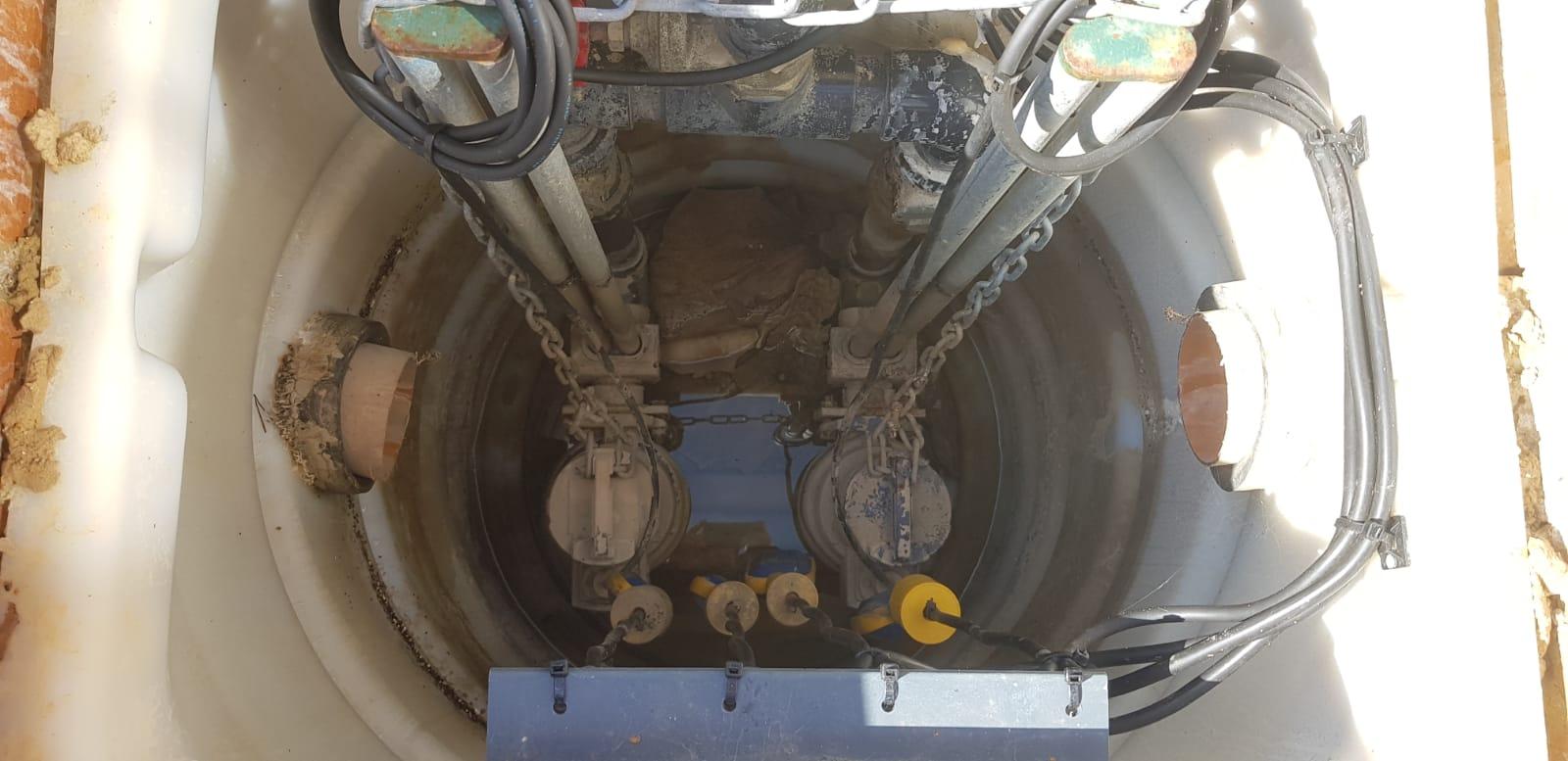
Source: BARR Plastics
<>
Laser Pump Chambers: An Overview
Introduction
A pump chamber is a crucial component within a laser system that houses the laser rod and other necessary elements for efficient laser operation.
Components of a Pump Chamber
A typical pump chamber consists of a laser rod, one or more lamps (flash or arc lamps), reflecting surfaces, a filter glass tube, and a cooling system.
Reflecting Surfaces
Reflecting surfaces are used to direct pump light into the laser rod. Common configurations include elliptical cross-section reflectors.
Filter Glass Tube
A filter glass tube is used to absorb harmful spectral components of light and shield the laser crystal from cooling water.
Cooling Arrangement
The cooling system, often water-based, helps dissipate heat generated during laser operation to maintain optimal performance.
Design Considerations
For efficient laser operation, factors such as rod dimensions, doping concentration, and chamber length play a critical role in determining laser output power and quality.
Multiple Lamps or Rods
Using multiple lamps or rods in a pump chamber can enhance pump light distribution and increase laser output power.
Materials for Reflectors
Metallic coatings like gold and silver, as well as diffuse reflectors like ceramics, are commonly used in pump chambers to optimize power transfer efficiency.
Filter Glass Importance
The choice of filter glass significantly impacts laser performance by removing harmful spectral components and protecting the laser rod.
Water Flow
Proper water flow is essential for cooling the system effectively and maintaining uniform temperature distribution around the laser rod.
OEM Pump Chambers
Pump chambers are often sold as OEM parts, allowing manufacturers to incorporate them into their laser systems seamlessly.
Conclusion
Understanding the key components and design considerations of laser pump chambers is essential for optimizing laser performance and efficiency.

Source: ASL Limited
Feel free to comment your thoughts.



